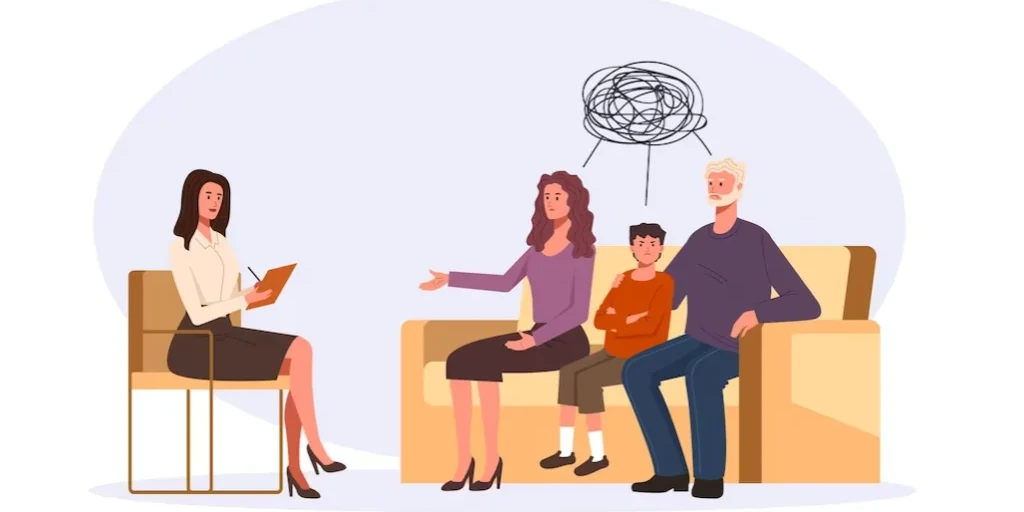24/7 Helpline:
(866) 899-221924/7 Helpline:
(866) 899-2219
Learn more about OCD Treatment centers in Lafayette County
OCD Treatment in Other Counties

Other Insurance Options

Optima

Horizon Healthcare Service

Medical Mutual of Ohio

Regence

Private insurance

BHS | Behavioral Health Systems

United Health Care

ComPsych

Cigna

Sutter

Health Partners

Group Health Incorporated

WellCare Health Plans

Premera

Oxford

Covered California

Magellan Health

Access to Recovery (ATR) Voucher

Lucent

Holman Group

Whispering Oaks Lodge
Whispering Oaks Lodge is a residential substance use disorder treatment facility treating drug addic...
































































MMO Behavioral Health Systems
MMO Behavioral Health Systems is a private rehab located in Duson, Louisiana. MMO Behavioral Health ...

Creek Nation Behavioral Health and Substance Abuse
Creek Nation Behavioral Health and Substance Abuse is a private rehab located in Broussard, Louisian...

Muscogee Creek Nation Behavioral Health
Muscogee Creek Nation Behavioral Health is a private rehab located in Broussard, Louisiana. Muscogee...

Eason Courts
Eason Courts is a private rehab located in Youngsville, North Carolina. Eason Courts specializes in ...
Beacon Light Behavioral Health – Youngsville
Beacon Light Behavioral Health – Youngsville is a private rehab located in Youngsville, Pennsylvania...























































